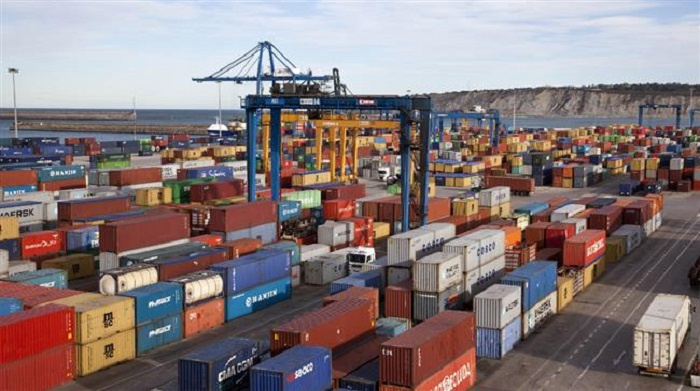European Countries Ready for Renewed Economic Ties with Iran

The deputy chairman of the Iran-UK Joint Business Council says a British delegation is slated to visit Iran in the next month, to be quickly followed by an Iranian economic squad visiting the UK. “The UK is a relatively good market for some Iranian commodities, particularly food products. On the other hand, if their aim is not only to sell their products, they can start joint investments in Iran. The Iran-UK Joint Business Council’s policy is to provide grounds to reach joint investments,” Mir-Mohammad Sadeghi told Eghtesad News. He called textile industries one of the areas in which Iran and the UK could consider cooperation. According to Eghtesad News, the latest Iranian Customs figures show Iran’s total non-oil exports to the UK to be $27m in the first 9 months of the current Persian calendar year while the country’s total import from the UK exceeds $317 m in the same period.
Iran said yesterday that Italy’s SACE has paid for its purchase of Airbuses. Iran will reimburse in 15- to 20-year installments, Kamal Seyyed-Ali, the CEO of Iran’s Export Guarantee Fund said without specifying the number of planes or their values. Iran’s bid to buy 127 aircrafts are estimated to be worth more than $20 billion at list prices, though Iran will receive hefty discounts since its purchase includes a mixture of new jets and end-of-the-run models available for bargains, financiers told Reuters earlier this week.
The Export Guarantee Fund of Iran also hopes the country’s economic risk index will be reduced this week, after it resumed active participation in unions such as the Berne (The International Union of Credit and Investment Insurers). “Over the past four months, we have had talks with more than tens of export credit agencies and will be signing memorandums of understanding with agencies from the UK, Japan and India within a month,” Seyyed-Ali told a news conference.
He cited a positive trade balance of about $2b without oil in the current Persian calendar year starting from March 21, 2015 as a result of resistant economy policies and expressed hope that the exports can be boosted in the coming year, Iranian Students News Agency, ISNA, reported.
Seyyed-Ali said more than 60 percent of the Iranian private sector’s imports currently use the foreign currencies obtained through exports. The private sector will be able to do all its imports by exports foreign currencies in the near future, he added.
Meanwhile, Peter Tiller, the Swedish ambassador to Tehran, has also expressed readiness on the part of Swedish banks to finance economic and industrial projects proposed by Iran, Iran’s Chamber of Commerce, Industries, Mines, and Agriculture (ICCIMA) reported. “Sweden’s economic and industrial groups are prepared to work with Iran and if an institution like Iran’s Chamber of Commerce stands by Swedish firms, the cooperation can be accelerated,” Tiller said in a meeting with ICCIMA chairman Masoud Khansari. He asked the chamber to consider appropriate measures for a dispute settlement procedure, which he said was a serious challenge for developing economic cooperation between the two countries.
The Swedish record high of exports to Iran date back to 2011 in which Swedish products worth SEK 7 billion were exported to Iran, as Masoud Khansari said during the meeting. “Iran seeks joint investments with foreign firms in the post-JCPOA era and imports are less important in Iran’s trade policies,” he said.

